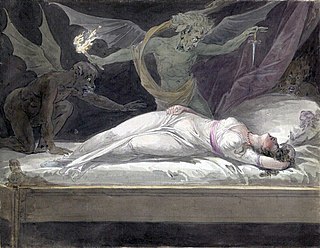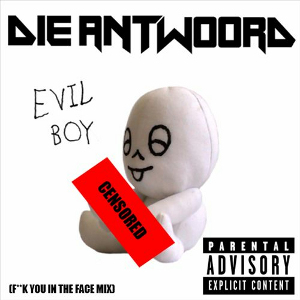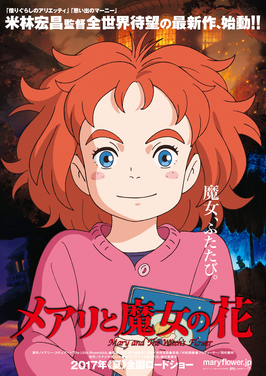
In folklore, a ghost is the soul or spirit of a dead person or non-human animal that is believed to be able to appear to the living. In ghostlore, descriptions of ghosts vary widely, from an invisible presence to translucent or barely visible wispy shapes to realistic, lifelike forms. The deliberate attempt to contact the spirit of a deceased person is known as necromancy, or in spiritism as a séance. Other terms associated with it are apparition, haunt, haint, phantom, poltergeist, shade, specter, spirit, spook, wraith, demon, and ghoul.

Zulu people are a Nguni ethnic group native to Southern Africa. The Zulu people are the largest ethnic group and nation in South Africa, with an estimated 13.56 million people, living mainly in the province of KwaZulu-Natal.

KwaZulu-Natal is a province of South Africa that was created in 1994 when the Zulu bantustan of KwaZulu and Natal Province were merged. It is located in the southeast of the country, with a long shoreline on the Indian Ocean and sharing borders with three other provinces and the countries of Mozambique, Eswatini and Lesotho. Its capital is Pietermaritzburg, and its largest city is Durban. It is the second-most populous province in South Africa, with slightly fewer residents than Gauteng.

An incubus is a demon in male form in folklore that seeks to have sexual intercourse with sleeping women; the corresponding spirit in female form is called a succubus. Parallels exist in many cultures.

Port Edward is a small resort town situated on the south coast of KwaZulu-Natal in South Africa and lies on the border between KwaZulu-Natal and the Eastern Cape. It is situated on the R61 road between Port Shepstone and Lusikisiki.

A mare is a malicious entity in Germanic and Slavic folklore that walks on people's chests while they sleep, bringing on nightmares.

Madam & Eve is a daily comic strip originating in South Africa. The strip, by Stephen Francis and Rico Schacherl, is syndicated in 13 publications and claims a daily readership of over 4 million people. The strip was first published in July 1992, in a black and white weekly format in The Weekly Mail and in a monthly colour format in Living magazine. In 1993 the creators added five daily cartoons, also in black and white. In 2000 Madam & Eve was made into a television sitcom.
Duppy is a word of African origin commonly used in various Caribbean Islands, including The Bahamas, Barbados and Jamaica, meaning ghost or spirit. The word is sometimes spelled duffy.

Brazilian mythology is the subset of Brazilian folklore with cultural elements of diverse origin found in Brazil, comprising folk tales, traditions, characters and beliefs regarding places, people, and entities. The category was originally restricted to indigenous elements, but has been extended to include:

The lightning bird or impundulu or thekwane is a creature in the folklore of the Zulu tribe.
The South African Planning Institute was formed on 1 July 1996 following the amalgamation of the South African Institute of Town and Regional Planners and the Development Planning Association of South Africa.

Die Antwoord is a South African alternative hip hop group formed in Cape Town in 2008.
Elifasi Msomi a.k.a. The Axe Killer was a South African serial killer who was convicted in 1955 of 15 murders and sentenced to death by hanging. His victims all came from the Umkomaas and Umzimkulu valleys of Natal.
The Constitution of South Africa protects all basic political freedoms. However, there have been many incidents of political repression, dating back to at least 2002, as well as threats of future repression in violation of this constitution leading some analysts, civil society organisations and popular movements to conclude that there is a new climate of political repression or a decline in political tolerance.

"Evil Boy" is a song by South African hip hop group Die Antwoord featuring rapper Wanga. It was written by Tony Cottrell, Watkin Tudor Jones (Ninja), Justin De Nobrega, Hugo Pasquin, Thomas Wesley Pentz (Diplo), and Yolandi Visser, and was produced by Diplo. It was released by Interscope Records and it serves as the final single from their album $O$.
There have been many political assassinations in post-apartheid South Africa. In 2013 it was reported that there had been more than 450 political assassinations in the province of KwaZulu-Natal since the end of apartheid in 1994. In July 2013 the Daily Maverick reported that there had been "59 political murders in the last five years". In August 2016 it was reported that there had been at least twenty political assassinations in the run up to the local government elections on the 3rd of August that year, most of them in KwaZulu-Natal.

Boervolk Radio presented by the Transvaal Separatists, is an internet-only radio station based in Kempton Park, South Africa.

The night hag or old hag is the name given to a supernatural creature, commonly associated with the phenomenon of sleep paralysis. It is a phenomenon which a person feels during a presence of a supernatural malevolent being which immobilizes the person as if sitting on their chest or the foot of their bed. The word "night-mare" or "nightmare" was used to describe this phenomenon before the word received its modern, more general meaning. Various cultures have various names for this phenomenon and supernatural character.

Mary and the Witch's Flower is a 2017 Japanese animated fantasy film co-written and directed by Hiromasa Yonebayashi, produced by Studio Ponoc founder Yoshiaki Nishimura, animated by Studio Ponoc, and distributed by Toho in Japan. Based on the 1971 book The Little Broomstick by Mary Stewart, it was Studio Ponoc's first feature film. It stars the voices of Hana Sugisaki, Yūki Amami and Fumiyo Kohinata.













